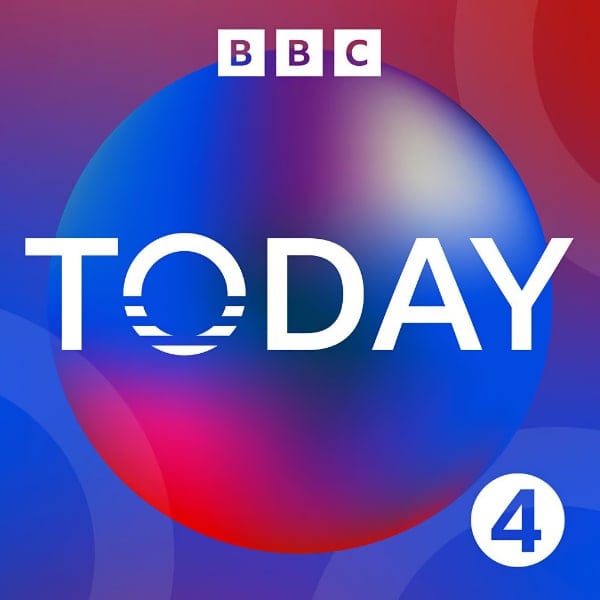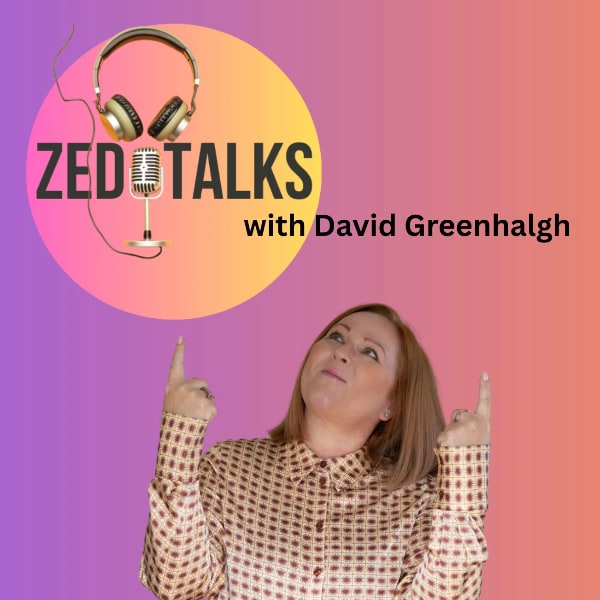
David Greenhalgh discusses settlement agreements and NDA’s on BBC Radio 4 Today.
Find out more about David and the employment law services he offers.
Transcript of the BBC Radio 4 interview with David Greenhalgh.
Should we be banning NDAs in settlement agreements?
Emma Barnett (BBC)
Sexual harassment remains pervasive in the music industry, with reporting rates low due to fear of retaliation, and women in music still face unequal pay and ageism. That’s according to a new report from the Women Inequalities Committee of MP’s, which as a raft of measures to improve the dismal situation, is calling for the government to ban non-disclosure agreements. You may hear them be referred to as NDAs in the event of sexual misconduct, bullying or discrimination and they’ve made this suggestion in a bid to tackle what they describe as deep-rooted misogyny in the music world. But could banning NDAs do more harm than good?
Dr Kienda Hoji is a music lawyer, artist manager and Creative Industries Independent Standards Authority board director. Good morning.
Dr Kienda Hoji (Music Lawyer)
Morning.
Emma Barnett (BBC)
We’re going to be talking to an employment partner in just a moment, but to get your view on this request for banning NDAs. What do you make of it?
Dr Kienda Hoji (Music Lawyer)
Well, I mean fundamentally, we absolutely support the idea, CIISA that is, of removing the misuse of NDAs. I mean in my career as a lawyer, I’ve drafted many non-disclosure agreements for the correct purpose, which is to protect a company or somebody’s intellectual property or company secrets. Nobody’s suggesting that we ban the use of NDAs in legitimate areas like that.
What we’re saying is that the music industry particularly, and the creative industries more broadly, have misused NDAs in a way to silence bad behaviour, bullying, harassment, sexual harassment and such like and so we support the findings of the report, as we did in the first report that came out in January last year.
Emma Barnett (BBC)
But what do you say to those and we may hear this from you in a moment, but those who are concerned, even if they’re characterised by some as a misuse, it’s a more preferable route if you don’t wish to go through a long, protracted, painful legal wrangling over this, that you don’t want justice to come in that form, for whatever the reason.
Dr Kienda Hoji (Music Lawyer)
Well, there’s no reason why NDAs have to be in place for that to happen. If somebody wants to be protected and to be anonymous, they can negotiate to have a confidentiality agreement that doesn’t necessitate them being silenced for the rest of their life. The problem with these non-disclosure agreements, and we’re finding evidence of this, is that people are effectively being silenced for life in fear of them not being able to work in the industry from that point on and are put under incredible amounts of psychological pressure and psychologically damaging pressure to sign these non-disclosure agreements. So, the forcing of NDAs is an overkill is what we’re saying.
Emma Barnett (BBC)
David Greenhalgh is on the line, Employment Partner at Excello Law. He’s written about the need for NDAs. David, Good morning.
David Greenhalgh
Good morning.
Emma Barnett (BBC)
What do you make of that? That the way that they’re being used at the moment in the music industry can put a lot of emotional pressure on people.
David Greenhalgh
Well, it’s not just the music industry, misogyny is rife in many sectors that I come across. In my view, an outright ban would restrict the ability of women who’ve been discriminated against to get justice.
Obviously, justice means different things for different people, but to me an outright ban would prevent women who have been discriminated against from getting exit deals because employers, I would imagine at least 50% of the employers I deal at the moment, would not be willing to do deals without an NDA. So, those women would be forced to either drop it or go to the tribunal. We know that the tribunal cases are taking a year to get to final hearing and with the changes that are coming in with unfair dismissal, I guess it may well be two years to get any form of justice.
Emma Barnett (BBC)
Kienda, what would you say to that?
Dr Kienda Hoji (Music Lawyer)
Oh, I mean it’s a very sad fact that companies would not agree a settlement without an NDA. The two things are completely separate, and we know this, I mean in law, you don’t need an NDA in order to reach a settlement. There’s nothing that suggests that has to happen.
In actual fact, it might make it easier to negotiate a settlement and there’s nobody wanting to sort of bar anybody who an employee, for example, who is a victim of harassment from maybe wanting to keep their identity secret. There’s no doubt that that that might happen. What we’re saying is that should happen with the employees’ absolute desire, and it doesn’t need an NDA in a settlement. This kind of false idea that somehow an NDA is inextricably linked to a settlement. It is a misnomer. I think it is possible to negotiate [without an NDA] and it’s a sad fact that companies are taking it to the extent of saying we won’t agree a settlement unless you have an NDA.
Emma Barnett (BBC)
So, you need the ban, David, to stop that scenario? What do you make of that?
David Greenhalgh
I just think a lot of employers will not agree to pay out money if they think that the employee will then be talking about what’s happened, disclosing how much they got, in terms of [employers] reputation damage. There’s a major issue there in persuading employers to do a deal without an NDA. I’m just not sure that that many of them will be persuadable.
And then women who’ve been very badly treated are then left in a very difficult position because going to the tribunal is not always easy, and it takes a long time.
Emma Barnett (BBC)
Kienda, sorry.
Dr Kienda Hoji (Music Lawyer)
Yeah, I would say that the question of whether companies could be persuadable or not, I mean, the issue is that they should be. The fact that they’re able to force a situation where they’re making these two things conjoined is the problem. This is the reason why the legislation is needed, in order to make sure that companies don’t have to go down that route.
My argument is that it’s a very sad fact that they’re not persuadable. I think that in itself is a comment on the state of companies that seek to protect themselves and their own reputation, not trusting a proper process, which happens all across industry, where people do negotiate settlements. It is not every settlement that is accompanied by an NDA and what we’re saying at CIISA is that we want to be in a position to be able to speak to those individuals that are finding themselves forced into signing NDAs. That is the reason why we’re looking for that that status as a prescribed person so that those people can feel confident to come to us and talk to us. The fact is that we’re finding that those people that are as signatories through NDAs are feeling that they can’t, that they’re feeling muzzled, and actually also that there’s that this psychological impact of that, is incredible.
Emma Barnett (BBC)
That’s the Creative Industries Independent Standards Authority (CIISA) there, Dr Kienda Hoji, thank you.
David Greenhalgh, where you think the government’s going to come out on this? Do you think they’ll move to ban?
David Greenhalgh
No, I don’t. I think I think that employers will have enough on the plate dealing with all the other changes that are coming in. I don’t think the government will take that step. To me the key is the focus needs to be on getting more senior women in senior management positions in these sectors where there’s a lot of misogyny. That to me is the way to achieve cultural change.
Emma Barnett (BBC)
Yes, that would be the overall thing wouldn’t it – to not even need these [NDAs] in the first place because these experiences are not happening, and harassment and assault isn’t as widespread. David Greenhalgh, Employment Partner at Excello Law, thank you.
This page/article/blog is for reference purposes only. It does not constitute legal advice and should not be relied upon as such. Specific legal advice about your specific circumstances should always be sought separately before taking or deciding not to take any action.




